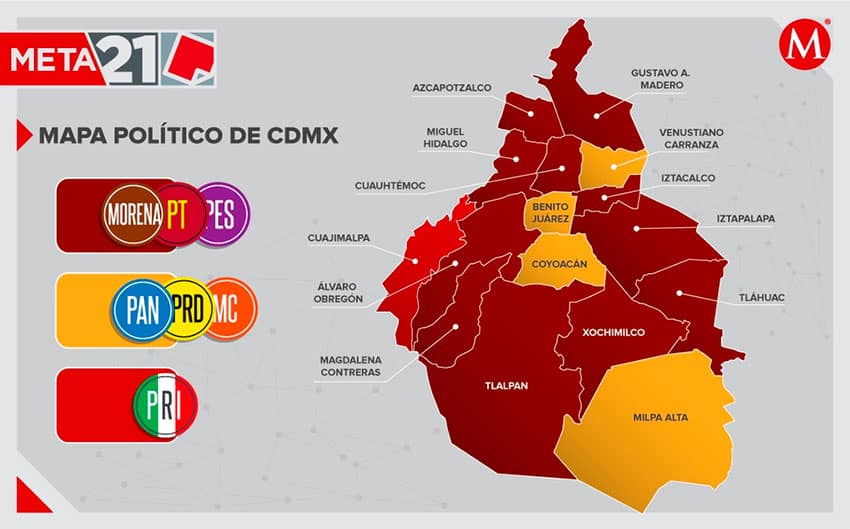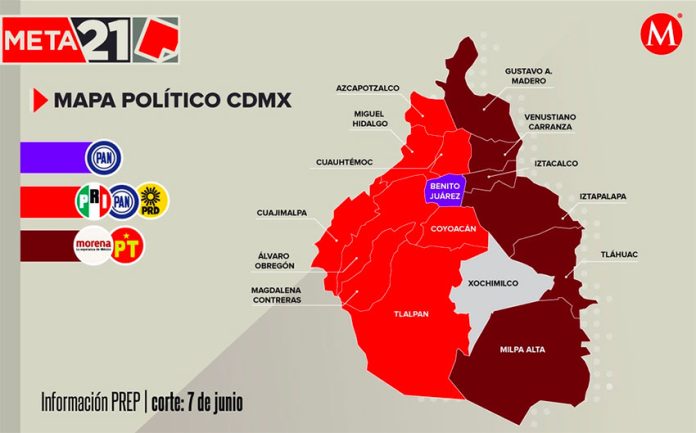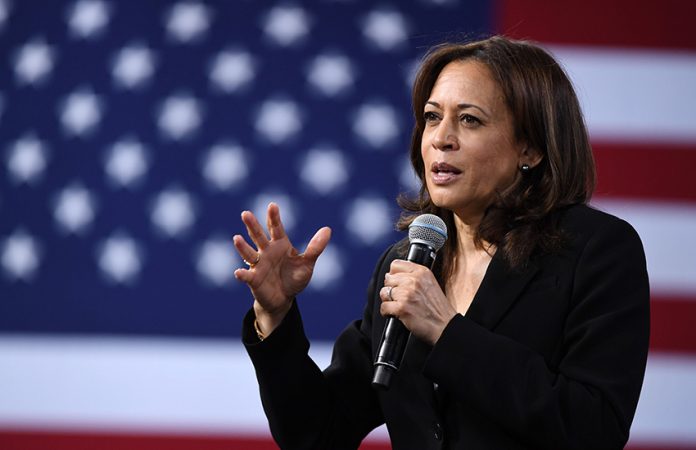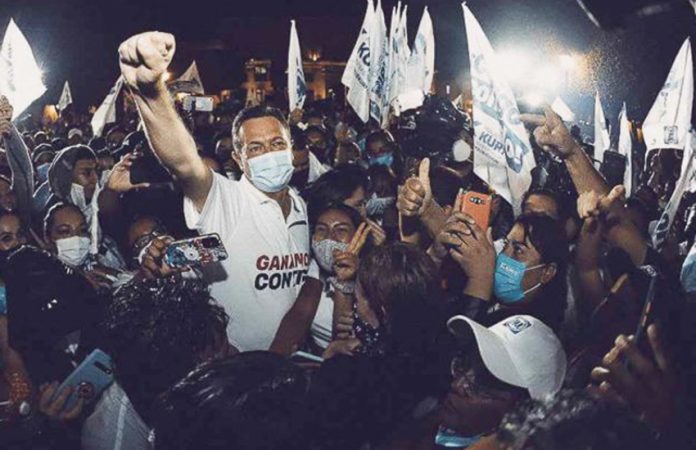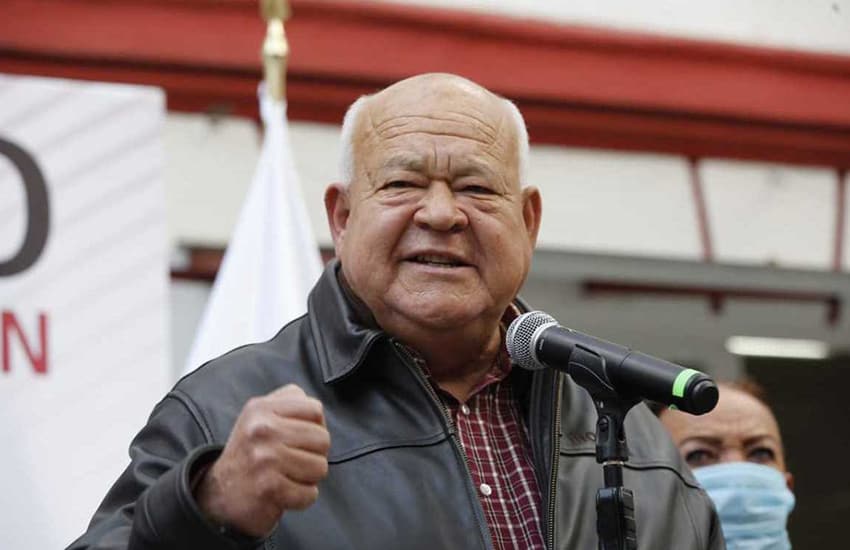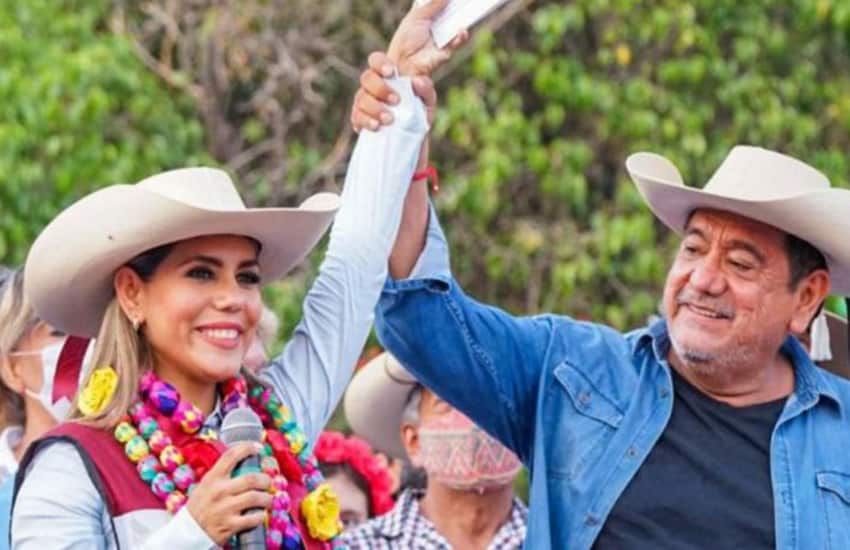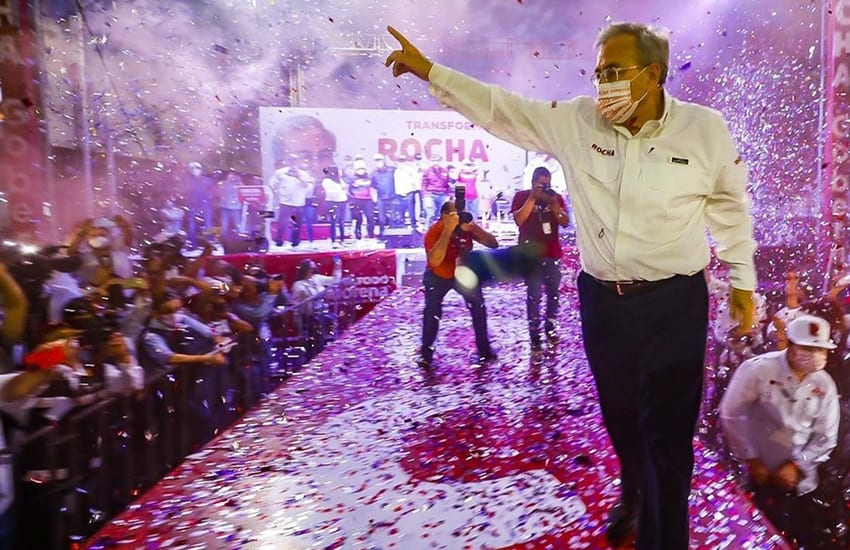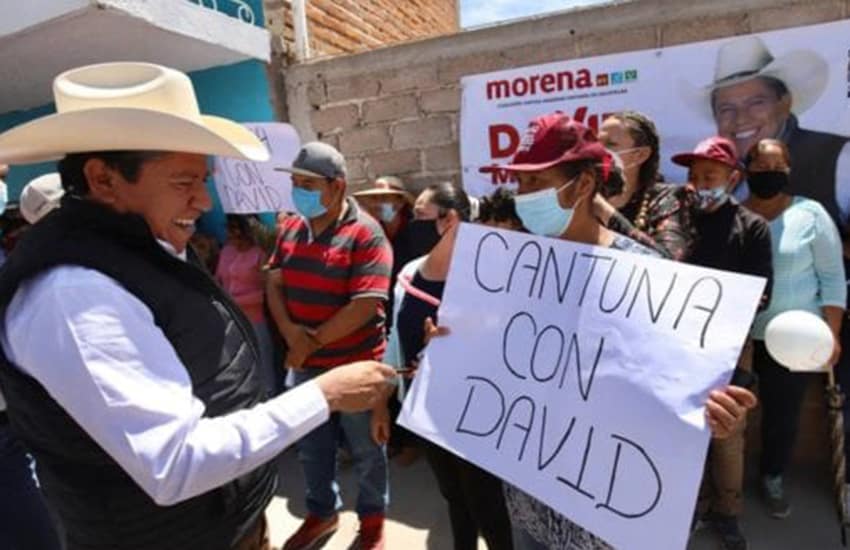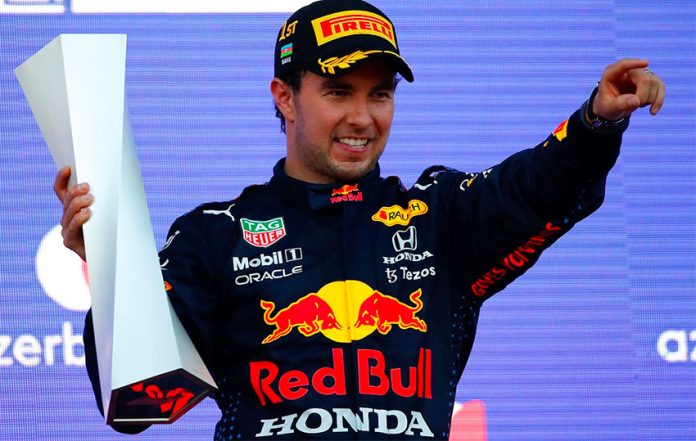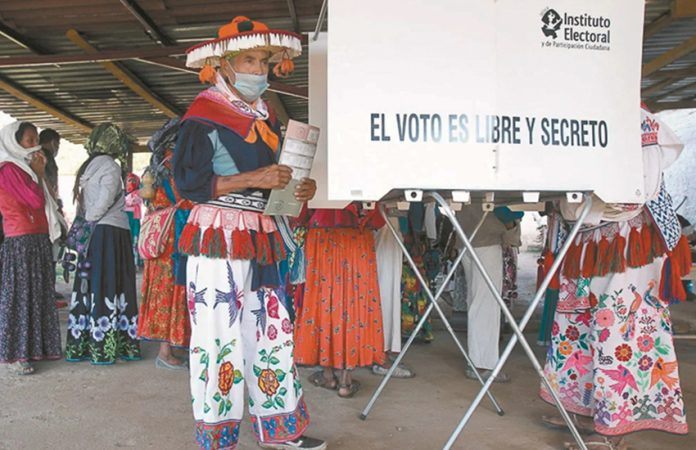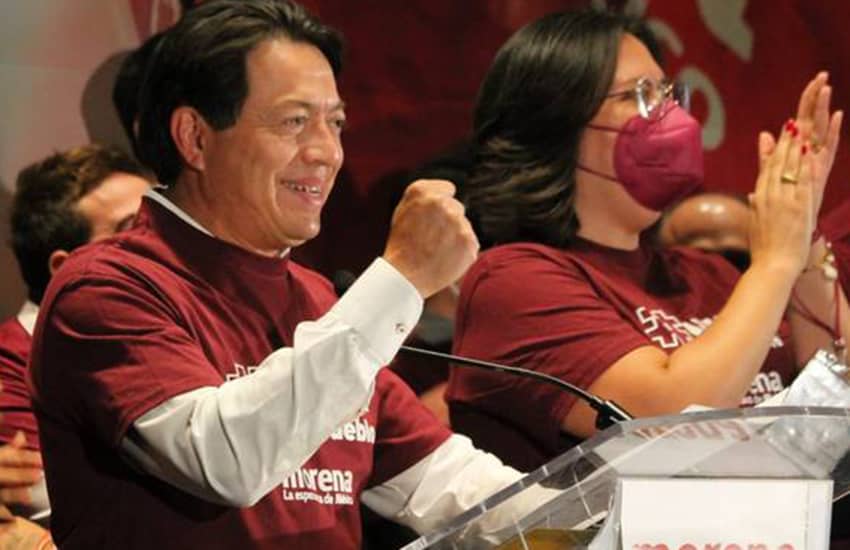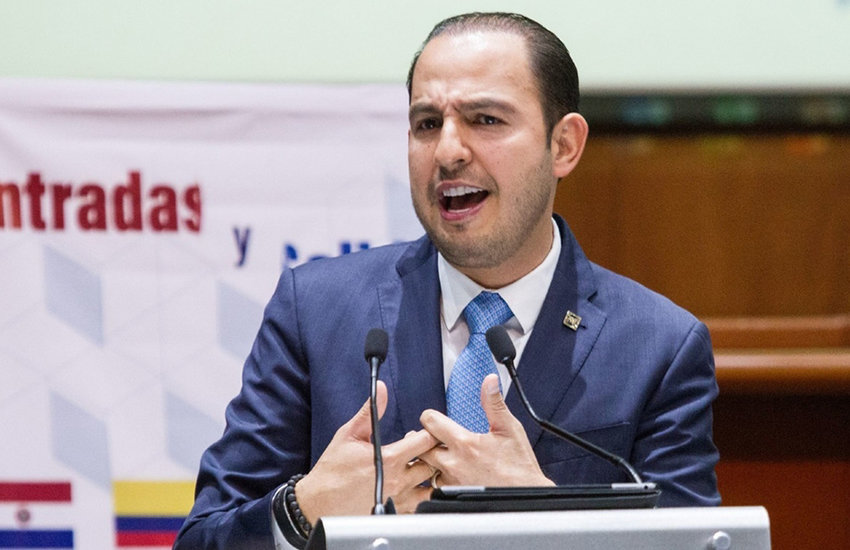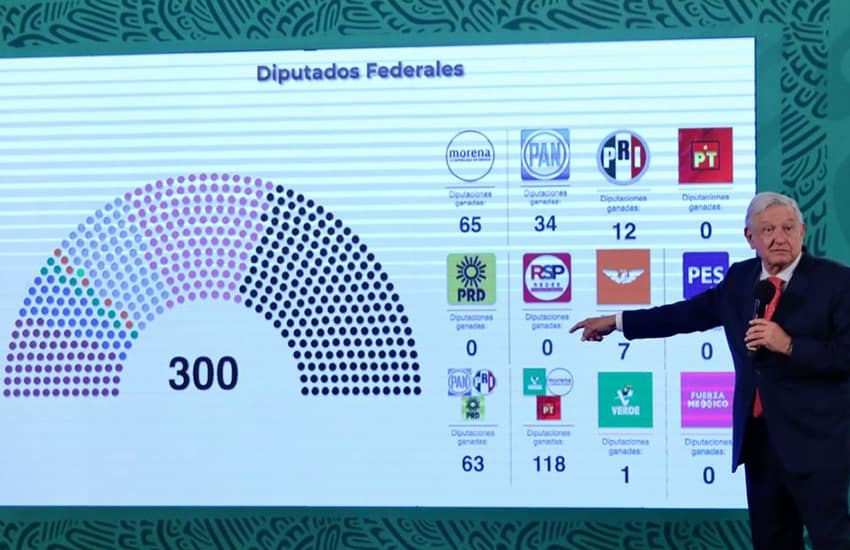Madam Vice President: over the past two decades, these two writers, on both sides of the U.S.–Mexico border, have followed your political career. We have done so from your early days as San Francisco’s district attorney, California’s attorney general, then U.S. senator and now the 49th vice president of the United States.
You’ve already made history as the first female, first African-American, first Asian-American and first Caribbean-American to become vice president of the United States. Most significantly, though, is that the daughter of an Indian biologist and a Jamaican professor of economics has been an unrelenting fighter for some of America’s most important causes: healthcare reform, a path to citizenship for undocumented immigrants, the DREAM Act, LGBT rights, a ban on assault weapons, progressive tax reform and, last but not least, environmental protection.
We welcome you to Mexico at a time when hundreds of thousands of desperate Mexican and Central American citizens are risking their lives to reach and cross the U.S. border at a rate not seen in decades, longing for a better future. They have been doing so for many years and will continue doing so for economic and safety reasons. No wall nor immigration officers will stop them. They travel thousands of kilometers, leaving their homes and their ancestors behind. They do it because they have no other realistic choice and because they have nothing left to lose.
All those adults and children abandon their homelands not because they wish to do so but because they are forced to seek refuge from the hardships brought by poverty, political and economic crises and violence in their own countries. They leave their own vanishing dreams behind in search of the American Dream.
Despite promises and some progress, your and President Biden’s pledges to enhance the immigration adjudication system and significantly improve the treatment of migrants at the Mexico-U.S. border have been slow to materialize.
You are arriving in Mexico, Madam Vice President, when detentions of Mexicans at the U.S. border have reached their highest levels in the past three years. When Mexican nationals represent nearly 45% of all foreigners detained in your country since October of last year — in more than 200 immigrant prisons and jails across the U.S. When more than 20,000 Mexican and Central American unaccompanied children entered U.S. custody along the southern border just last March.
Mexicans welcome you, Vice President Harris, at a time when more than 22,500 migrant children are now in U.S. custody. And when the U.S. Customs and Border Protection, with a force of almost 50,000 federal agents and officers, estimates that nearly 200,000 unaccompanied children could reach the Mexican-U.S. border in 2021.
And welcome, Madam Vice President, when the security strategy of abrazos no balazos (“hugs not bullets”) pursued by the administration of President López Obrador has given us 83,418 homicides between December 1, 2018, and May 15, 2021. At this rate, violent deaths during Mr. López Obrador’s six-year term will be even worse than his predecessors’ (Felipe Calderón and Enrique Peña Nieto) dreadful records. Let’s pray that doesn’t happen.
You are landing in Mexico when 70% of the 34,515 homicides in 2020 were carried out with guns and Mexico’s national defense ministry estimates that 70% of the firearms smuggled into Mexico that year entered across the U.S. border.
Welcome, Vice President Harris, at a time when unprecedented numbers of women, human rights activists, environmental defenders, journalists and political candidates have been murdered in Mexico. And at a time when the Covid-19 pandemic has (officially) killed nearly 230,000 Mexicans — even though some estimates put the total figure at over half a million — and the country has the highest number in the world (3,861 until early May) of health workers who have died from Covid-19.
At a time when Mexican autonomous institutions — including the judiciary and the legislative ones and those responsible for organizing elections, promoting human rights and ensuring transparency — as well as its civil society organizations, scientists, environmentalists and the press are all under unparalleled siege.
We welcome you also amid the worst drought Mexico has experienced in decades, after the National Aeronautics and Space Administration (NASA) reported in May that 85% of the country’s territory was impacted by drought, threatening our agriculture and freshwater resources.
And in the midst of this, the Mexican Congress has cut funds for climate change preparation: 11.6% of Mexico’s 2021 budget will go to fossil fuel production and only 1.1% to climate change research, mitigation and adaptation. The government continues to ignore the dangers posed to Mexicans by global warming and just purchased an oil refinery in Texas for US $600 million.
Of course, we know that you know all this, Vice President Harris.
And, needless to say, you have arrived in Mexico in the aftermath of the largest and possibly most critical midterm elections in Mexico’s history. Yesterday, Mexicans voted to fill more than 21,000 public posts, including the mayors of 1,942 municipalities across the country, 15 (of a total of 32) governorships, and local congresses in 30 states.
The jewel in the crown in this midterm election is Mexico’s Congress. Although the votes are still being counted by the independent National Electoral Institute (INE), whatever the outcome, dark clouds are stalking a country already at a crossroads. Post-electoral conflict is looming.
Either way, Mexico will probably have three more years of polarization between “we” and “them,” the good and the bad, the honest and the corrupt, trapped helplessly between the “conservatives and neoliberals” and the others. It’s painfully reminiscent of what happened in your own country, is it not?
Welcome to Mexico, Vice President Harris, nuestra casa es su casa.
Omar Vidal, a scientist, was a university professor in Mexico, is a former senior officer at the UN Environment Program and former director-general of the World Wildlife Fund-Mexico.
Richard C. Brusca is a research scientist at the University of Arizona, former executive director of the Arizona-Sonora Desert Museum, and author of over 200 research articles and 20 books.
